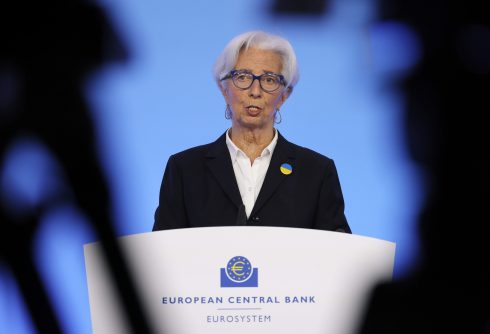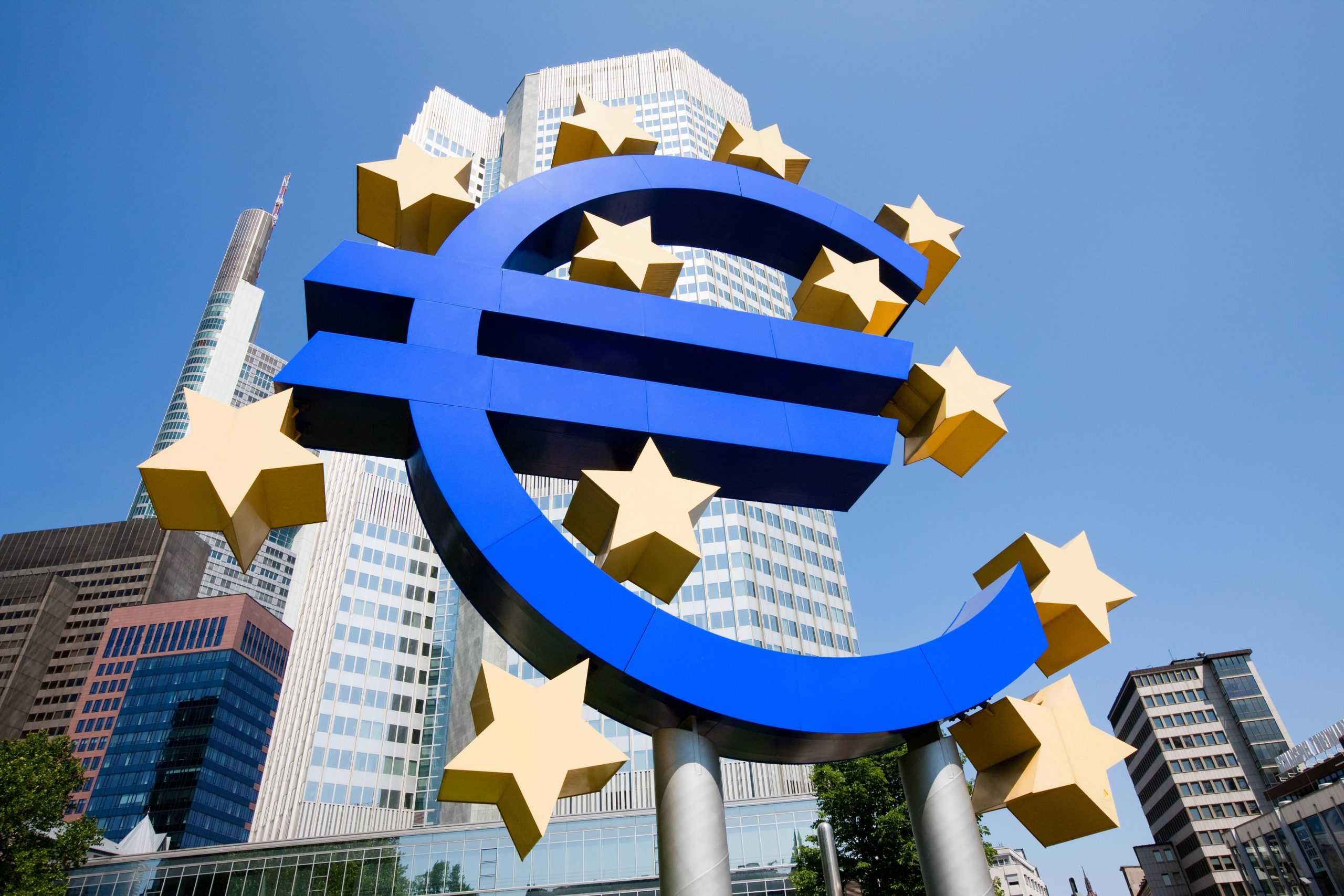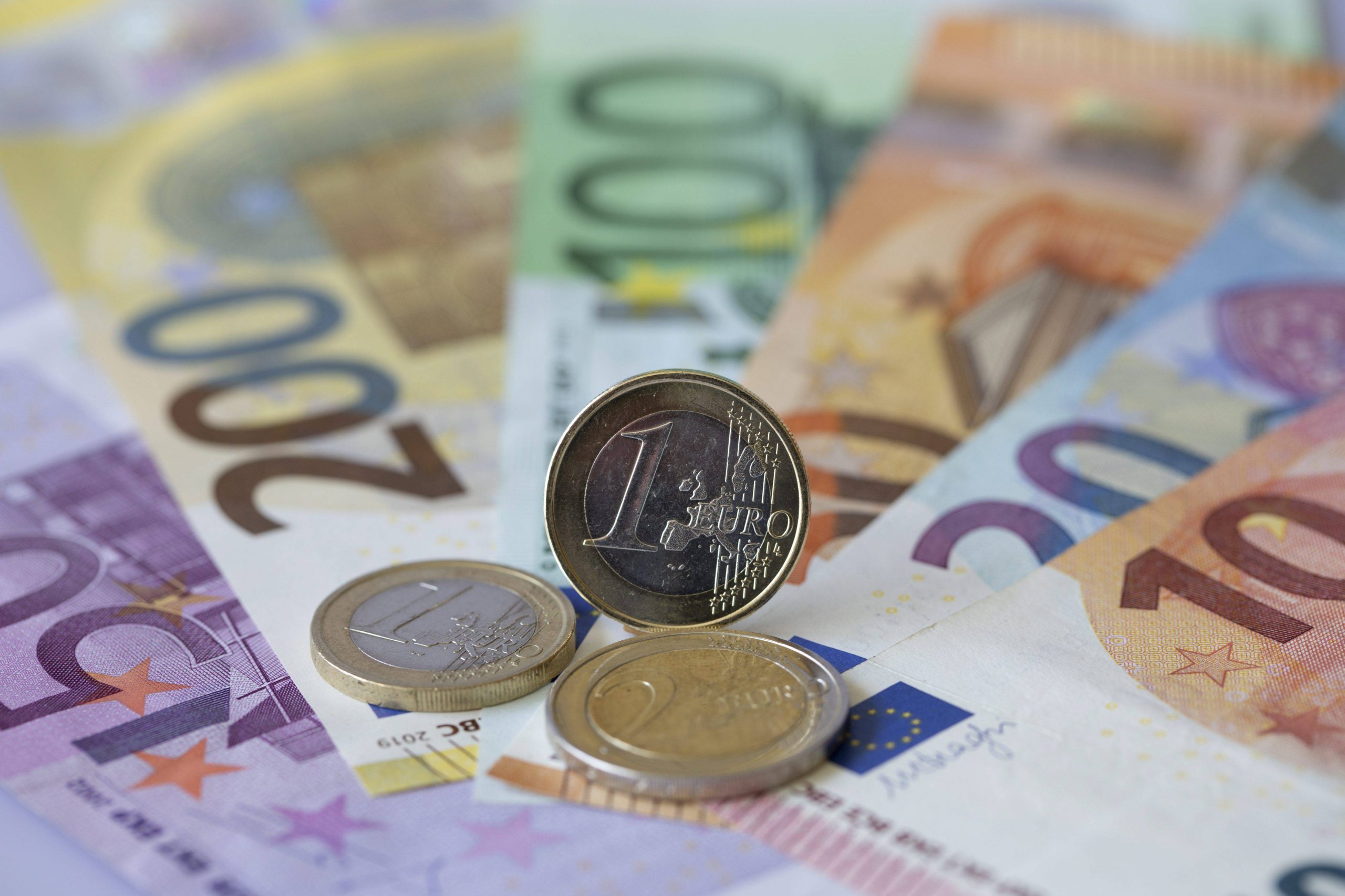THE Pound Euro (GBP/EUR) exchange rate has seen some wild swings in recent months.
In March alone, it fluctuated between €1.183 and a five-year high of €1.217 – a movement of around 2.8%.
While we’re seemingly past the worst days of the coronavirus pandemic, other crises have stepped in to fill its place, injecting fresh uncertainty into the currency markets.
Here’s what’s driving GBP/EUR at the moment and how you can protect against volatility:
Russia-Ukraine war
Dominating the headlines at the moment, Russia’s invasion of Ukraine is also behind a lot of the movement in the Pound Euro pair.
While both the Eurozone and UK economies are exposed to the economic fallout of the war and the sanctions levelled at Russia, the EU is particularly vulnerable, largely due to its energy links.
So when there is positive news – such as progress in peace talks – the Euro tends to get a boost, while negative developments in Ukraine downgrade it.
Of course, the situation in Ukraine is rapidly developing and constantly changing and even the savviest analysts are unsure how it will unfold.
Central bank policy
Both the Bank of England (BoE) and the European Central Bank (ECB) are in the unenviable position of deciding on monetary policy at a time of surging inflation and faltering growth.
Monetary policy has a massive impact on exchange rates. Usually central banks signal plans ahead of time so that any changes don’t shock markets.

However, the huge amount of uncertainty at the moment makes it hard for policymakers to even decide on the best course of action, let alone communicate it in advance.
That’s why the March meetings at the ECB and BoE both surprised markets, causing sharp changes in the GBP/EUR rate.
Economic uncertainty
Adding to the volatility, both the UK and the Eurozone face increasing economic uncertainty. Britain and the EU initially bounced back from the pandemic but Omicron, soaring inflation and the Ukraine war have cast doubt on growth outlooks.
When forecasts are cloudy, volatility can increase. Long-term planning becomes harder, so markets are prone to more shocks, spikes and dips as new economic data emerges.
Protecting against volatility
This kind of volatility can cause some nasty surprises if you need to transfer money overseas. On a £20,000 transfer, that three-cent gap between €1.18 and €1.21 translates to a €680 difference. And the larger the sum, the higher the discrepancy.
Fortunately, there are ways that you can protect against volatility.
Specialist currency brokers, such as Currencies Direct, offer different tools to help you navigate the ups and downs of the currency market.
For instance, you can use a forward contract to secure an exchange rate for up to a year. This way, you won’t lose out if the market moves against you.
Services like rate alerts and daily updates make it easy to keep track of what’s going on in the forex world so that you can make informed decisions.
And with Currencies Direct you’ll have a dedicated account manager here in Spain to provide guidance and support whenever you need them.
The people at Currencies Direct are a friendly – and locally based – bunch, so get in touch with them if you want to find out how they can help you.
For more information visit: https://www.currenciesdirect.com/en
Find you local office in Spain here








